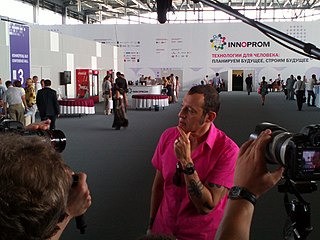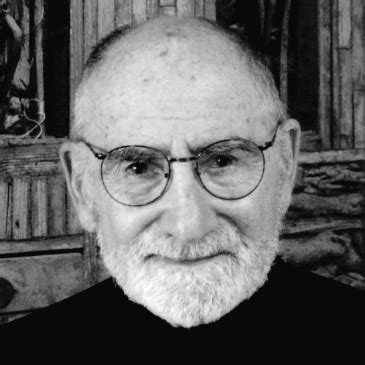A Quote by Karim Rashid
Design is about the betterment of our lives poetically, aesthetically, experientially, sensorially, and emotionally.
Quote Topics
Related Quotes
There's only so many guys on a football team that really have a voice. So anytime you have a microphone, you should use it for the betterment of humanity, for the betterment of this country, for the betterment of our kids coming up behind us, for the future of the world. Why not? Make the world a better place.
When we think of design, we usually imagine things that are chosen because they are designed. Vases or comic books or architecture... It turns out, though, that most of what we make or design is actually aimed at a public that is there for something else. The design is important, but the design is not the point. Call it "public design"... Public design is for individuals who have to fill out our tax form, interact with our website or check into our hotel room despite the way it's designed, not because of it.
The intersection of psychology and business is typically seen as being as congested, stressful, and emotionally barren as a peak commute traffic day on the L.A. freeways. But, thankfully, we live in an era in which neuroscientists are teaching us about the malleability of our brain and the emotionally contagious nature of our workplaces.
The most common misperception is the word 'design'. People think of primarily pretty pictures or forms. They don't understand the depth to which design goes-not only in products, but in every aspect of our life. Whether it is the design of a program, a product or some form of communication, we are living in a world that's totally designed. Somebody made a decision about everything. And it was a design decision.








































